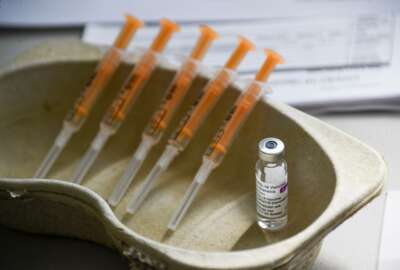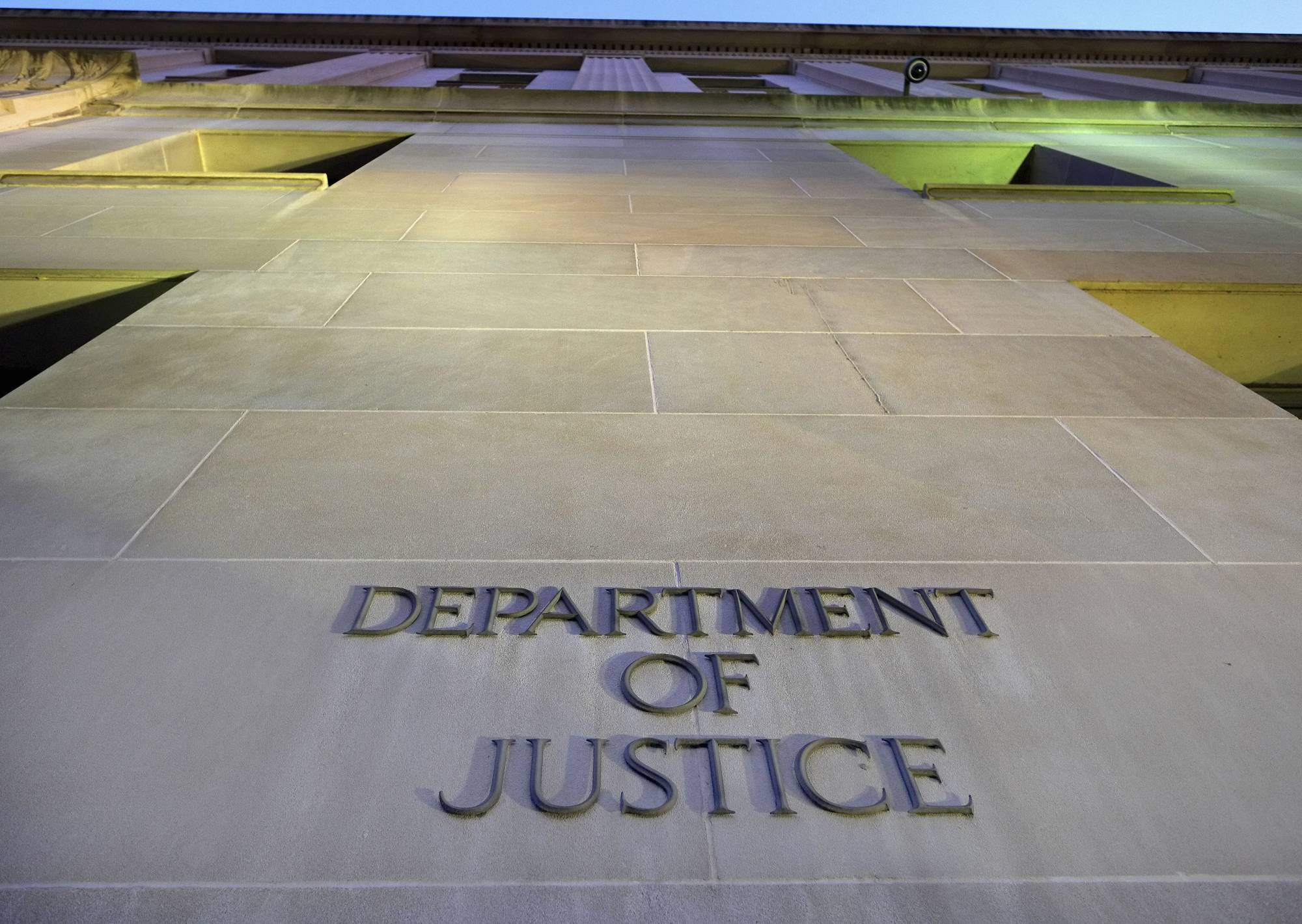The Federal Headlines is a daily compilation of the stories you hear discussed on Federal Drive with Tom Temin.
In today’s Top Federal Headlines, we get an update from the Defense Department on what defense companies are doing to implement insider threat programs.
- The Pentagon’s industry liaison says almost 4,000 officials have been appointed by defense contractors to manage insider threat programs. In an update, the Defense Security Service also said 259 written insider threat program plans have been implemented. Contractors have until Nov. 30 to certify they’re insider threat programs are in place. (Defense Security Service)
- Lobbying by defense companies in the third quarter remains about the same as the previous quarter, according to the newest disclosures. Boeing ended up as the top spender, throwing more than $3.5 million towards it. Lockheed Martin spent $3.2 million and General Dynamics put down $2.6 million.
- Frank Kendall, Undersecretary of Defense for Acquisition, Technology, and Logistics has said the agency continues to improve its procurement processes. In an annual report on the acquisition system, Kendall said DoD’s average of acquisition cost growth is at a 30-year low, as he continues his long-term effort of bringing data-driven decision making to acquisition policy. (Office of the Under Secretary of Defense for Acquisition, Technology and Logistics)
- After three years of training and recruiting, U.S. Cyber Command has said the 5,000 people that make up its cyber mission force have reached their initial operating capability. Cyber Command officials said the designation means all 133 of its teams are formally in place and that they’re ready to execute their fundamental missions. The teams — divided between offensive, defensive and homeland defense missions — won’t all reach their full operating capability until September 2018, but about half have already done so. Nonetheless, officials said even the teams that are only partially capable are already being assigned missions. Cybercom expects the force to grow to about 6,200 people over the next two years. (Department of Defense)
- After yet another cyber breach at the Federal Deposit Insurance Corporation, a congressional committee wants to know why the agency isn’t reporting attacks more urgently. House Science, Space, and Technology Committee Chairman Lamar Smith (R-Texas) sent a letter to FDIC Chairman Martin Gruenberg asking why the agency did not feel its most recent breach in August was bad enough to report immediately. (House Science, Space, and Technology Committee)
- The General Services Administration’s inspector general has found the digital services organization known as 18F disregarded agency policies and planned poorly during its first two years in existence. Auditors said 18F lost $32 million since it launched in 2014. The IG said the losses occurred because 18F overestimated its revenues and staff spent more than 50 percent of their time on non-billable hours. GSA said it’s fixing its internal controls and oversight processes in response to the IG’s findings. (General Services Administration Office of Inspector General)
- Whistleblowers helped the agency collect more than $2 billion over the past five years. But the Treasury Inspector General for Tax Administration says the IRS whistleblower program still needs work. TIGTA said whistleblowers aren’t always contacted to clarify their allegations and the IRS Whistleblower Office doesn’t ensure claims get fully processed. (Treasury Inspector General for Tax Administration)
- The Transportation Security Administration is reorganizing its headquarters. TSA Administrator Peter Neffenger said he’s creating a new chief of mission support role. This person will be in charge of TSA human resources, acquisition and procurement, and training and logistics. Existing acquisition programs will get their own specific office. The reorganization also officially puts TSA chief risk officer in charge of enterprise risk and performance management. (Federal News Radio)
- A final rule issued by the Agency for International Development has called on contractors to not discriminate. The rule amends its Agency for International Development Acquisition Regulation to ban contractors from discriminating against beneficiaries of USAID-funded supplies or services “in any way that is contrary to the scope of the activity as defined in the statements of work.” The agency said nondiscrimination is the basic foundation of USAID’s inclusive development approach. It also stresses the president’s 2011 memorandum directing all agencies engaged abroad to practice nondiscrimination as another reason for the rule. (Federal Register)
Copyright
© 2024 Federal News Network. All rights reserved. This website is not intended for users located within the European Economic Area.





